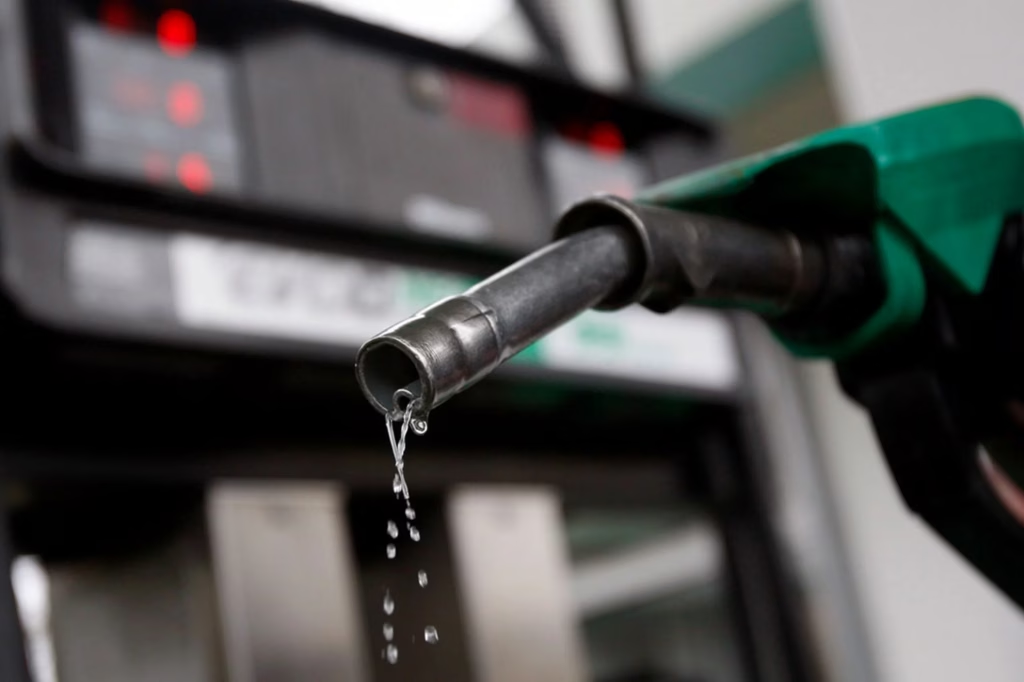Nigeria’s state-owned oil firm, the Nigerian National Petroleum Company Limited (NNPCL), has adjusted petrol pump prices for the second time in less than a week, sparking renewed uncertainty among consumers and businesses. On Friday, the company raised prices to 945 naira (N945) per liter at its outlets in the federal capital, Abuja, and parts of neighboring Nasarawa and Kogi states. This follows a brief reduction two days prior, when rates dropped to N900 per liter from N955 earlier in the week, highlighting a volatile pricing landscape.
Local reports indicate the updated rate took effect across multiple high-traffic zones in Abuja, including Kubwa, Lugbe Expressway, and areas within Wuse. The abrupt shifts drew confirmation from Abubakar Maigandi, National Chairman of the Independent Petroleum Marketers Association of Nigeria (IPMAN), who acknowledged the increase but offered no explanation for the move. “The latest hike was implemented this morning. I cannot tell the reason,” Maigandi told journalists, underscoring the lack of transparency surrounding the pricing mechanism.
Market analysts have linked the fluctuations to broader supply chain dynamics, including recent adjustments by the Dangote Refinery, a major private fuel producer. Days before NNPCL’s changes, Dangote raised its ex-depot price—the rate at which it sells petrol to distributors—from N820 to N850 per liter. While the refinery’s pricing policies are not directly tied to NNPCL’s retail strategy, the parallel shifts suggest ripple effects across Nigeria’s energy sector as domestic refining capacity expands.
Competing fuel retailers have adopted varied pricing in response. Independent outlets such as MRS and Bova currently sell petrol at N885 and N895 per liter, respectively, while stations under Optima, Ranoil, and AA Rano brands quote rates between N950 and N955 in Abuja. These disparities reflect divergent cost structures and sourcing strategies among marketers, though NNPCL’s dominant market share often sets a benchmark for national trends.
The recurring adjustments come amid Nigeria’s ongoing transition away from fuel subsidies, a policy shift that has left prices subject to market forces since mid-2023. While intended to reduce fiscal burdens, the move has exacerbated economic strain for households and businesses grappling with inflation exceeding 33%. Transport operators and manufacturers warn that unchecked volatility could further destabilize production costs and consumer prices.
As of Friday evening, authorities had not issued an official statement clarifying the rationale behind NNPCL’s latest increase. The absence of clear communication continues to fuel speculation, with industry observers urging greater transparency to mitigate public anxiety and support long-term economic planning.
